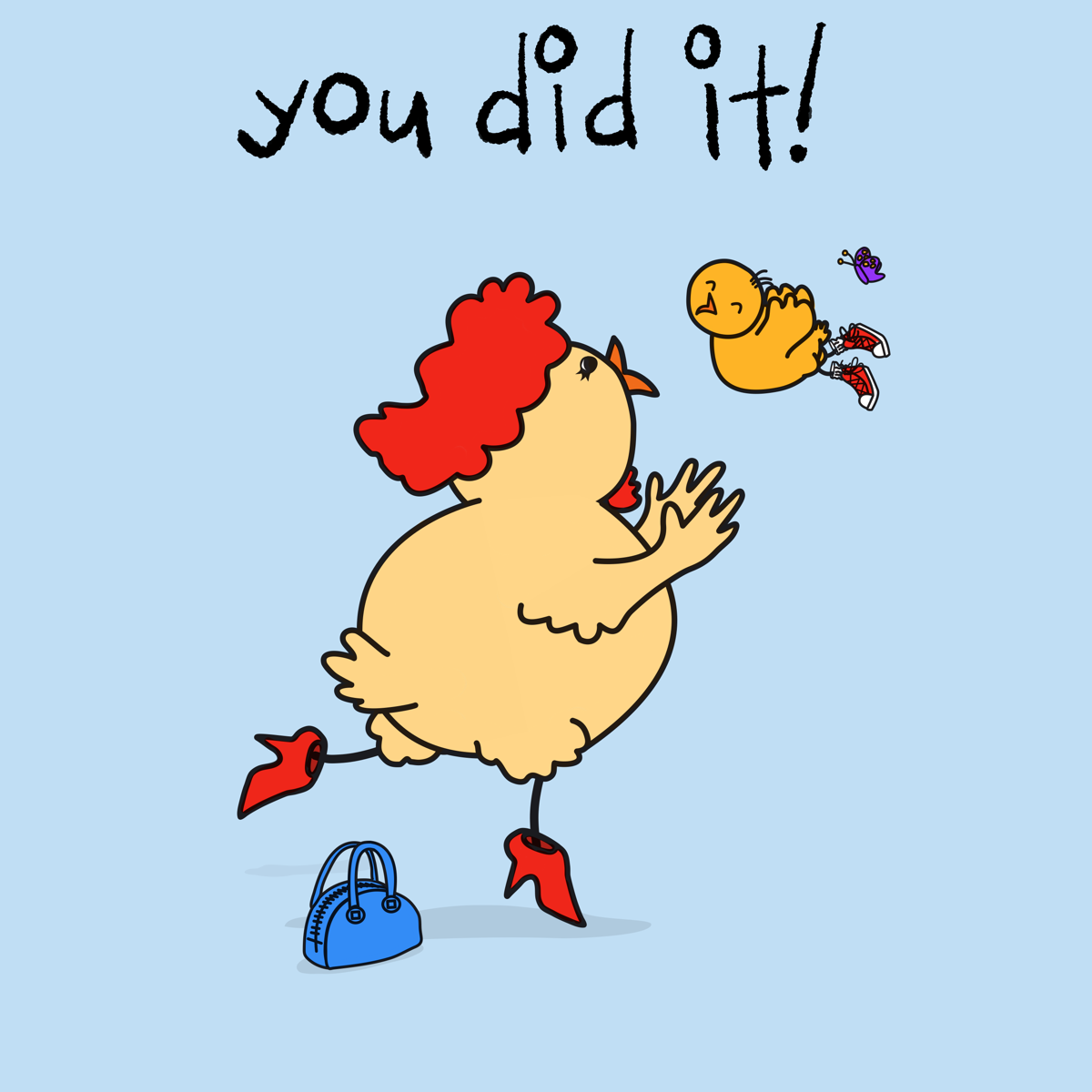Hey there, fellow aspiring authors! So, you’ve decided to embark on the exciting adventure of writing a book. That’s fantastic! Whether you’re dreaming of crafting a compelling novel, an engaging children’s story, or a non-fiction masterpiece, the journey ahead is thrilling and full of potential. But let’s be real, it can also be a bit daunting, right? Fear not, I’ve got your back with some handy guidance to set you on the right path.
Find Your Inspiration
First things first, let’s talk about inspiration. What’s the big idea, the spark that got you wanting to write in the first place? Inspiration can come from anywhere—a personal experience, a dream, or even something as simple as a conversation overheard at a café. Find what lights you up and use it as your North Star throughout the writing process.
Outline Your Ideas
Once you’ve got your inspiration, it’s time to wrangle those thoughts into a coherent outline. Consider your book’s structure—how will the story unfold? For non-fiction, what key points do you want to cover? An outline can be your roadmap, making the writing process much smoother and less overwhelming.
Create a Writing Routine
Consistency is key, my friend! Set up a regular writing schedule that fits your lifestyle. Maybe you’re an early bird who loves to write at the crack of dawn, or perhaps you’re a night owl who writes best when the world is quiet. Whatever works for you, stick to it. A steady routine helps build momentum and keeps you on track.
Just Write!
The legendary and prolific children’s writer, Jane Yolen, calls it BIC. Butt In chair. So this might sound obvious, but just start writing. Don’t worry about making it perfect on the first go—perfection is the enemy of progress. When I was Director of the Institute of Children’s Literature, there was always someone who would say they wanted to be published but needed to make the manuscript “perfect.” That’s a great way of never failing! When you don’t finish, you can’t submit it. Don’t submit, and you won’t get rejected! Great plan.
Let your creativity flow without the constant interruption of your internal editor. Editing a first draft is a heckuva lot easier than editing a blank page!
Revise and Edit
Once you’ve completed your first draft, step away from it. Give yourself some time before diving into the revision and editing phase. That break will give you fresh eyes and will allow you to spot areas that need improvement. Consider beta readers or a critique group for feedback—two heads (or more) are definitely better than one in this case!
Know When to Seek Help
Don’t hesitate to seek professional help if needed. Whether it’s hiring an editor or joining a writing workshop like Picture Book Summit, getting expert advice can be invaluable. Even seasoned writers benefit from another perspective to sharpen their manuscripts.
Keep Your Audience in Mind
Who are you writing for? Whether it’s children, adults, or a niche audience, keeping your readers in mind will help tailor your tone, language, and style to best engage them. Understanding your audience can turn a good book into a great one.
Celebrate Your Accomplishments
Every step you take in your writing journey is worth celebrating. Finished your first chapter? Pat yourself on the back! Overcame a pesky plot hole? Time for a little happy dance! (And by happy dance, I do mean do something nice for yourself! Mani pedi? Trip to your local bookstore? A walk with a friend? Anything will do.) Recognizing your achievements will keep your spirits high and motivate you to push forward.

Frequently Asked Questions
- How long should my first book be? – There’s no one-size-fits-all answer, but a good rule of thumb is to research the typical word count for your genre.
- Do I need to get my book professionally edited? – While not mandatory, professional editing can greatly enhance the quality of your book and is highly recommended.
- How do I overcome writer’s block? – Changing your environment, taking breaks, or trying writing prompts can help reignite your creativity.
Writing a book is undoubtedly a journey filled with its own set of challenges and triumphs. But remember, every writer started where you are now, with a blank page and a head full of ideas. So why not take the plunge and start today? If you need more resources or have questions, feel free to explore my blog for more tips and tricks. Happy writing!




